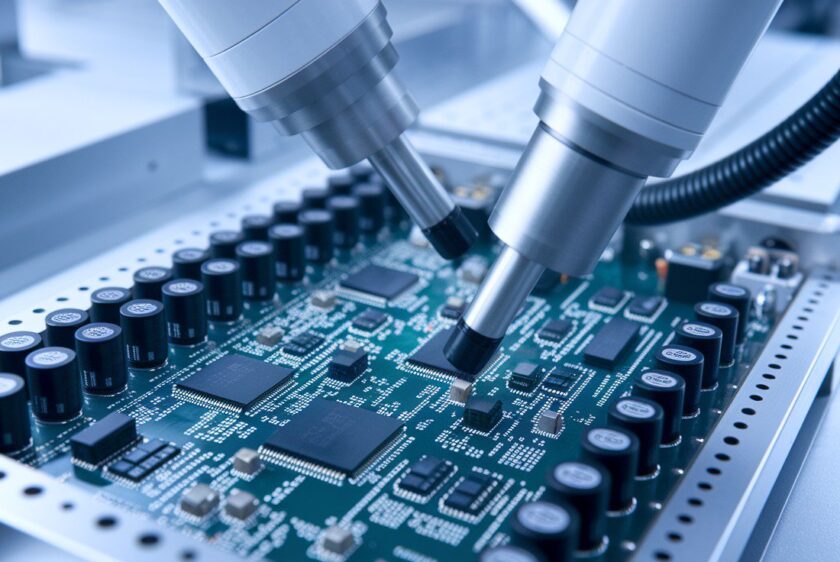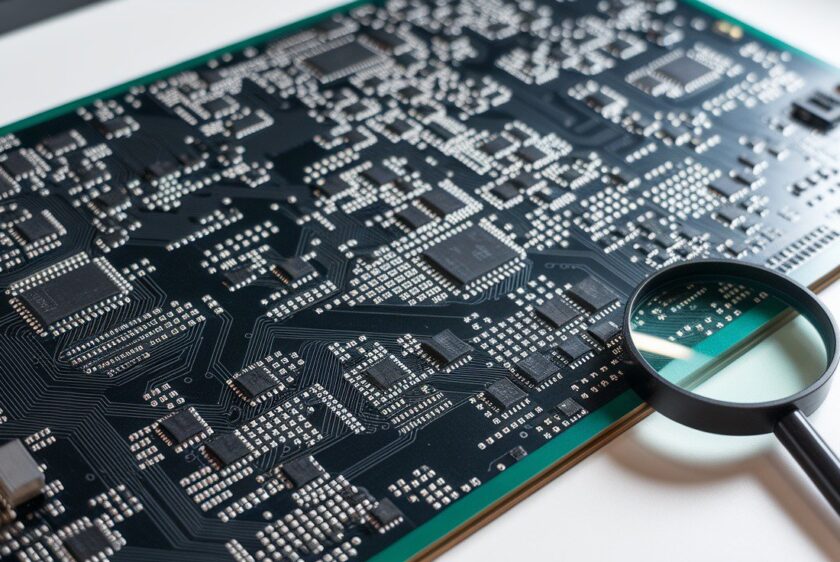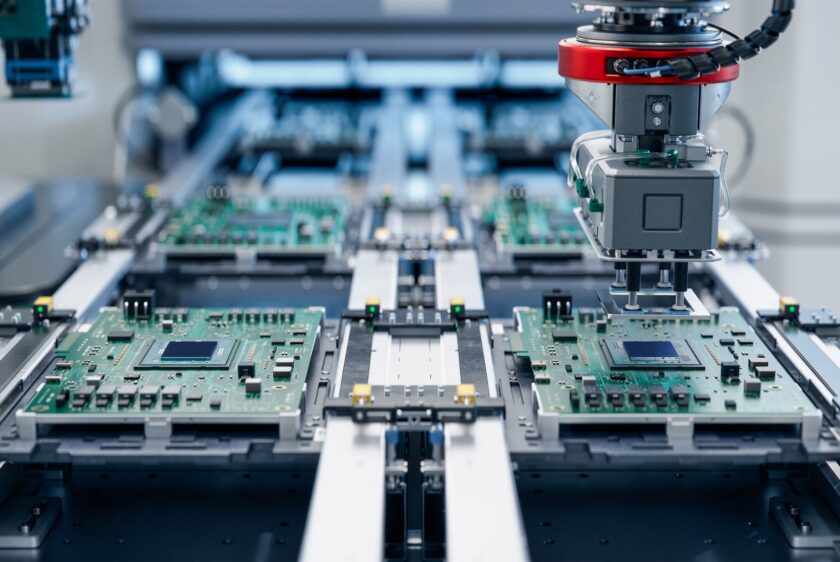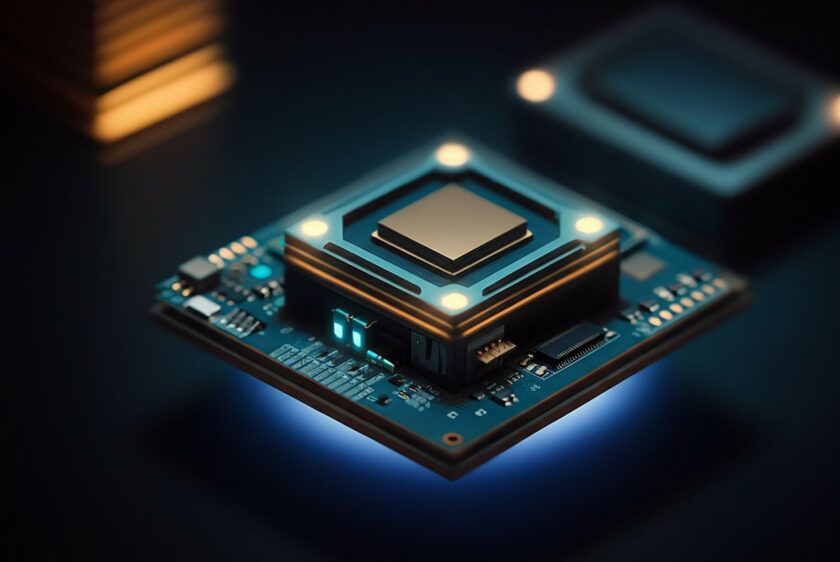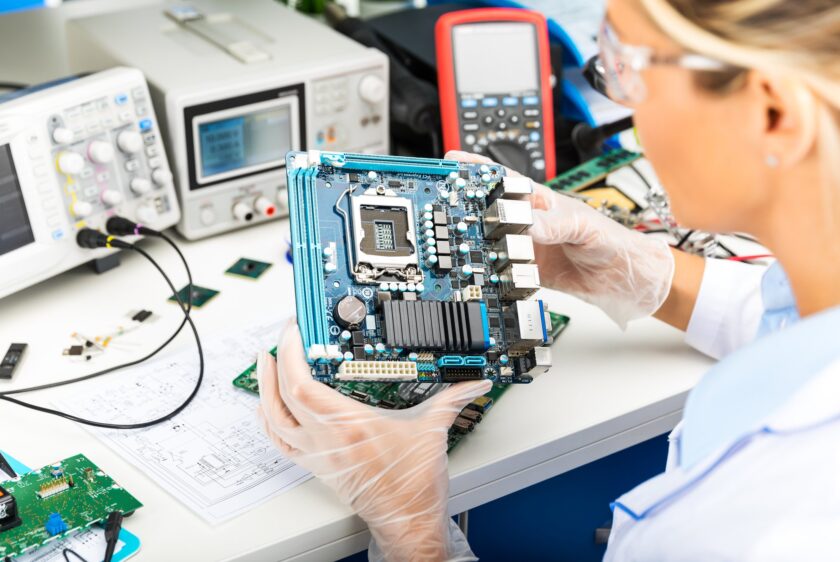
If you’re planning a PCB project—particularly in medical, aerospace, defense, energy, or industrial sectors—you've likely faced the crucial decision:
Should we opt for full turnkey PCB assembly, partial turnkey PCB assembly, or consignment manufacturing?
Typical instincts from engineering teams might suggest:
- “Consignment manufacturing gives us better control.”
- “Full turnkey PCB assembly is simpler but seems more costly.”
- “We've always done consignment manufacturing.”
However, in regulated, high-reliability environments, choosing between consigned and turnkey PCB assembly isn’t just about initial costs or convenience. It significantly impacts test circuit boards, yield, traceability, compliance, schedule stability, and scalability—especially crucial for small businesses.
This article clarifies the differences between full turnkey PCB assembly, partial turnkey PCB assembly, and consignment manufacturing, examining practical impacts and guiding your optimal choice.
Understanding the Basics
Consignment Manufacturing: Your team procures, kits, and supplies all materials to the Electronics Manufacturing Services (EMS) partner, who handles only the assembly.
Full Turnkey PCB Assembly: Your EMS partner sources all components, manages supply chain risks, and oversees procurement, inspection, assembly, and testing, acting as a single point of accountability.
Partial Turnkey PCB Assembly: Combines elements of consignment and turnkey models. You supply some components, and the EMS partner sources the rest.
Why the Choice is Critical in Complex PCB Projects
In consumer electronics, all three methods might work. Yet, in mission-critical environments, the incorrect choice introduces significant risks such as:
- Regulatory non-compliance
- Traceability gaps
- Quality control issues
- Production delays
- Component obsolescence during production
- Unexpected supplier management overhead
Here’s why more engineering teams choose turnkey solutions:
1. Traceability and Compliance Management
Consignment Risks:
- Extensive responsibility for validating and documenting components, suppliers, and lot codes
- Managing compliance declarations (RoHS, REACH, UL, conflict minerals)
- Responsibility for full material traceability documentation for regulatory audits
Full Turnkey Advantages:
- EMS manages entire production process and comprehensive sourcing documentation
- Approved Vendor List (AVL) supplier validation
- Lifecycle compliance and visibility
- Audit-ready Device History Records (DHRs)
At EST, our full turnkey PCB assembly ensures meticulous unit-level traceability and complete material documentation, ideal for regulated industries.
2. Reducing Supply Chain Risk and Improving Lead Time
Consignment Risks:
- Susceptibility to long lead times and component shortages
- End-of-life (EOL) procurement mistakes
- Missed opportunities for better sourcing
- Inventory holding and obsolescence risks
Full Turnkey Advantages:
- Professional procurement and risk management
- Preemptive alternate supplier validation
- Proactive EOL risk mitigation
- Strategic component staging aligned with forecasts and budget constraints
- Compliance alignment (ITAR, DFARS)
3. Improved Yield, Efficient Rework, and Root Cause Analysis
Consignment Risks:
- Responsibility for resolving material issues
- Challenges isolating root causes without clear component sourcing visibility
Full Turnkey Advantages:
- Comprehensive traceability
- Detailed assembly and test logs, enabling swift fault identification and resolution
- Clear accountability simplifying root cause analysis
4. Cost, Cash Flow, and Program Management
It's a misconception that consigned manufacturing universally lowers costs. This approach often incurs hidden costs:
- Upfront cash for early component procurement
- Managing multiple vendors and logistical overhead
- Inventory carrying costs and scrappage risks
Full Turnkey Considerations:
- Marginal markup on components balanced by operational efficiencies
- Purchasing leverage and vendor accountability for predictable budgeting
Smart businesses find that full turnkey PCB assembly ultimately reduces total program costs.
5. Enhanced Scalability and Scheduling Discipline
Consignment Constraints:
- Increased complexity during scaling due to manual sourcing and kitting
- Limited flexibility for rapid demand shifts
Full Turnkey Benefits:
- Advanced forecasting and flexible, staged production
- Scalability supported by robust MRP systems and vendor agreements
At EST, our turnkey model facilitates seamless scaling—from small business pilot runs to full-scale production—without altering sourcing workflows.
6. Regulatory Submission and Audit Preparation
Consignment Shortcomings:
- Extensive documentation needed for regulatory submissions may not be fully supported
Full Turnkey Confidence:
- End-to-end documentation through EMS partner’s QMS
- Full traceability ensuring regulatory readiness
When Consignment Still Makes Sense
While full turnkey often offers clear advantages, consignment manufacturing or partial turnkey still holds value when:
- You possess proprietary or specialized components
- Consistency in sourcing is critical during R&D
- Your internal compliance and supply chain systems are robust
Often, a hybrid approach—standard components via full turnkey and proprietary components via consignment—is optimal.
Decision Framework: Questions to Guide Your Choice
Carefully evaluate:
- Regulatory submissions required? (Yes: Full Turnkey)
- Operating in regulated industries like medical, aerospace, defense? (Yes: Full Turnkey)
- Need comprehensive traceability and DHRs? (Yes: Full Turnkey)
- Lack internal sourcing expertise? (Yes: Full Turnkey)
- Unpredictable scheduling or scaling requirements? (Yes: Full Turnkey)
Final Insight: Managing Risk through Strategic Choices
The decision between turnkey PCB assembly and consignment manufacturing isn't simply about who procures components—it’s about strategically managing risk. Full turnkey PCB assembly typically provides superior:
- Compliance and traceability
- Sourcing resilience
- Operational scalability
- Clear accountability
At EST, whether you opt for consigned, partial turnkey, or full turnkey PCB assembly, our guiding question remains:
“Which manufacturing model best safeguards your PCB project today—and into the future?”
When your PCB assembly can't afford to fail, full turnkey solutions emerge as the optimal strategic choice.



